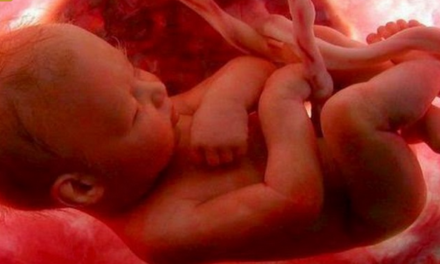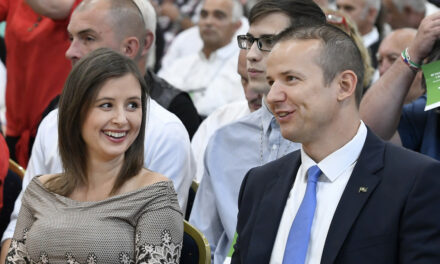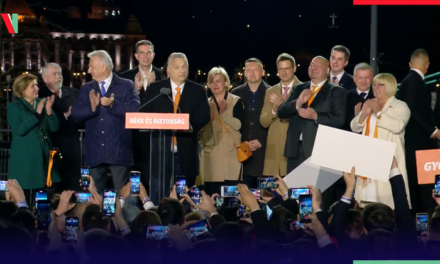The fact that the European Parliament and municipal elections can be held at the same time can cause a serious headache for the party leaders of the rainbow coalition. The two votings require different strategies: the left-wing parties would have run separately in the EP election, while they would have run together in the municipal election. Now there are two options to choose from, but neither seems to be of much benefit to left-wing voters.
Shortly after the defeat in the parliamentary elections, Bence Tordai, leader of the Párbeszéd faction, said that the left-wing parties should run with a separate list in the 2024 European Parliament elections, because "now we have to give each other space to find a way." After the EP elections, the next station would have been the municipal voting in the fall, where the left-wing parties would have distributed the cards among themselves, given the spring results and the order of power.
In the campaign before the parliamentary elections, the left-wing parties - after many years - achieved the closest cooperation in their history. However, during this time, the six parties also pulled in different directions, and - as it turned out later - they argued with each other for a long time on such vexatious issues as
the angle and color of the arrow on the common logo on the campaign materials.
The EP election would have been a great opportunity to clear the way for the left-wing formations and to find out which small parties, apart from the Democratic Coalition and Momentum, which have more than five percent support, should and can be counted on, if - before the local government election - new bargaining takes place. the queue.
It was these calculations that Máté Kocsis, the leader of the Fidesz faction, announced at a background discussion on Tuesday:
in the future, the EP and municipal elections can be held in Hungary at the same time, which will save nine to ten billion forints.
After all this, there are two options left for the rainbow coalition.
If they run separately in the European Parliament vote, it will be difficult to explain why they would team up in the local government election. The former voting would create a competitive situation, where the parties would try to gain strength at the expense of each other, while the latter would have to demonstrate unity and governing ability. Their situation is further complicated by the fact that the parties of the left are essentially trying to re-slice the same – ever-shrinking – cake, at the expense of each other.
The "vote theft" within the left-wing voting camp as a political strategy would repeatedly appear in the form of radical communication, which in recent years culminated in the threat of prison and the banning of journalists.
The DK could certainly recognize the advantage of this strategy, since Ferenc Gyurcsány recently gave a briefing to his local government politicians, the essence of which was that the Orbán government was illegal, and he announced total resistance and regime change.
If left-wing politicians decide to run separately in the EP elections, it is questionable how the candidates for the municipal elections are selected in advance.
Whatever strategy the left-wing parties will choose for the EP and local elections to be held at the same time, it can be said with certainty that the leading role of Ferenc Gyurcsány and his party will remain unquestionable in the future, only the order and fate of those who follow are in question.
Of course, the collapse of Jobbik and its complete integration into the left is still questionable, but the left-wing leader can still say with Arany's eternal treasure that "(From the right) blows, he whistles for me, (He blows from the left) whistles for me" - they can leave.
Source: Hungarian Nation
Featured image: Dániel Deák facebook












